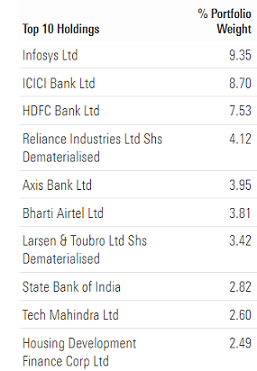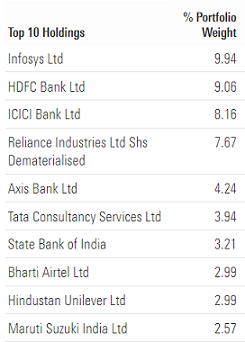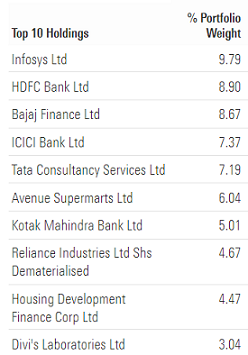In 5 steps to start an equity portfolio, I looked at why young investors need to hop onto the equity bandwagon. Investors who are getting into equity for the very first time would be better off opting for a mutual fund.
The lure of buying stocks exists, but tread cautiously. Individual stocks can misfire and leave a bad taste in the mouth, and a hole in the pocket.
You may feel stocks are fine as you can afford to lose small amounts of money when you are young as you have ample time to recover. But those small amounts, if invested wisely, can add up to serious money over a young investor's time horizon; wasting even a few of those early years with misguided experimentation can have a decent-sized opportunity cost.
Venture into direct stocks only after you have a foundation in place. By foundation, I mean SIPs in equity funds, an Emergency Fund, and you have conquered your battle with debt.
If you push forward with equity funds, you will have a strong foundation on which you can build upon. Your reaction to market fluctuations will give you a sense of how comfortable you are with volatility. You stand a real chance of benefiting from these experiences.
Where does one start?
Equity mutual funds are the best way to invest for long-term, consistent growth because they allow you to spread your investment among many companies. It offers diversification, you can start with small amounts, and you can opt for a systematic investment plan (SIP), that allows you to invest small amounts every single month or quarter.
Some suggest opting for a multi-cap fund. However, we believe that it is best to build your portfolio based on a large-cap foundation.
A large-cap mutual fund is an equity fund; one that invests a minimum 80% of its corpus in large-cap stocks. Such funds scout the universe of stocks that form the top 100 companies (by way of market cap) listed on the stock exchange.
(The word ‘cap’ refers to market capitalisation. Market capitalisation is calculated by multiplying the number of shares issued by the company with the market price per share. For example, a company with 20 million shares selling at Rs 50 a share would have a market cap of Rs 1 billion.)
Market cap allows investors to understand the relative size of one company versus another. Large-cap companies are presumed to be financially solid and are relatively safer when compared to smaller companies. Such stocks are not as volatile as mid and small cap stocks. They do not collapse as dramatically during a bear market, and make for a good gateway to enter the stock market.
However, the performance of a large-cap fund is heavily dependent on how fund managers build their portfolio with the remaining 20% of the corpus.
So which funds?
I reached out to my colleagues Kaustubh Belapurkar, who heads fund research in India, and Dhaval Kapadia, who leads the Morningstar Investment Management team in India. Both suggested that first time investors use large-cap funds such as Axis Bluechip, Mirae Asset Large Cap and ABSL Frontline Equity, which lay the foundation for a solid portfolio.
Click on the names of the funds to access many more details. This is just a snapshot of their top 10 stocks to give you an indication of their large-cap portfolios.
Aditya Birla Sun Life Frontline Equity Fund: 69 stocks as on June 30, 2021.

Mirae Asset Large Cap Fund: 62 stocks as on June 30, 2021

Axis Bluechip Fund: 44 stocks as on June 30, 2021

Larissa Fernand is Senior Editor at Morningstar India. You can follow her on Twitter.